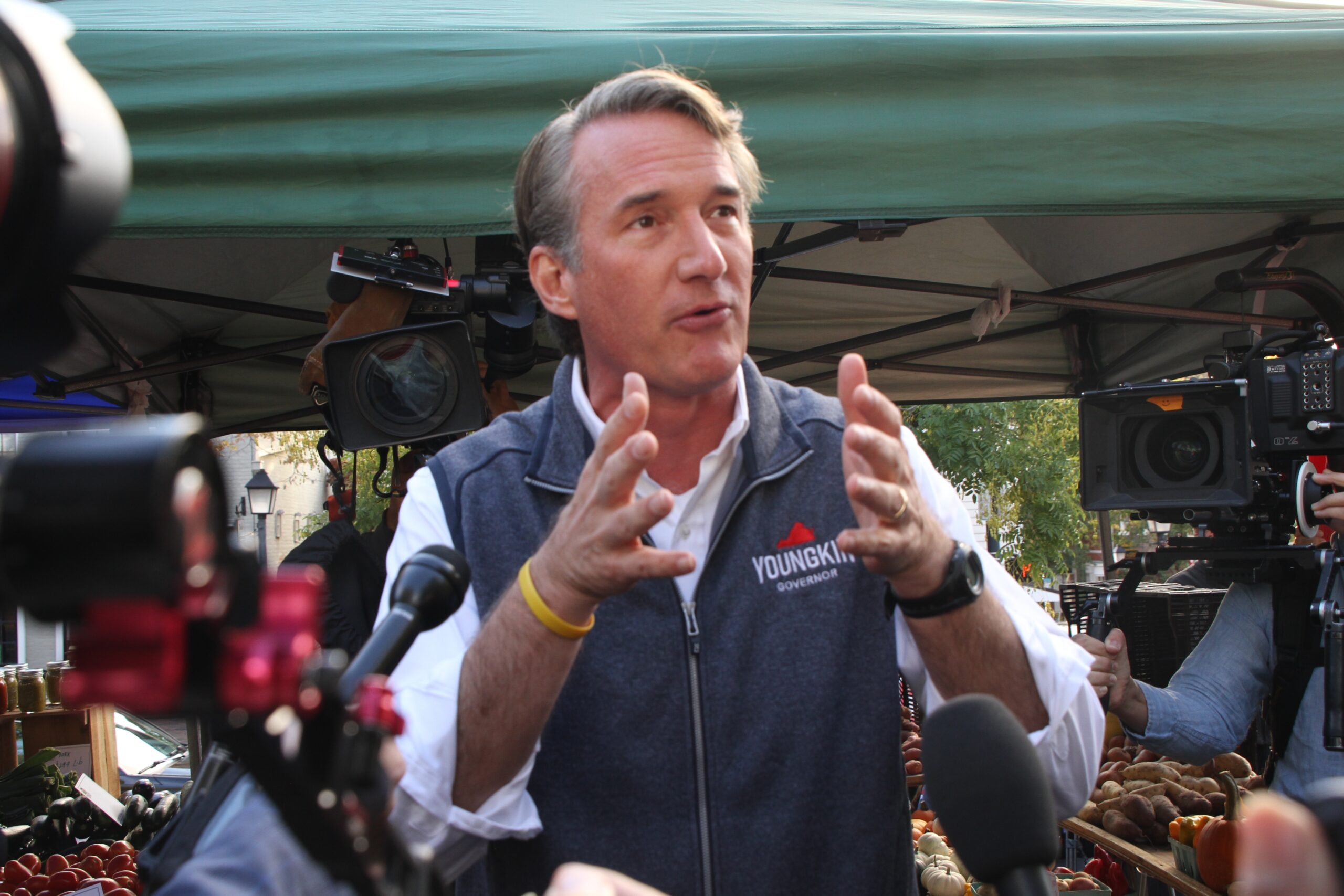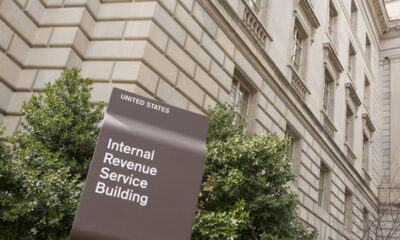Virginia Governor Tightens Voting Procedures With New Ballot Security Measures

Virginia Gov. Glenn Youngkin has introduced a new ballot security system through Executive Order 35, aiming to strengthen election integrity before the 2024 presidential election. The move has already sparked controversy, particularly among those on the political left.
Announced on social media, Youngkin emphasized that the executive order is about ensuring that “every legal vote deserves to be counted.” The new measures mandate the use of paper ballots, each with a documented chain of custody. These ballots will be counted by machines that are not connected to the internet, a precaution against hacking and other forms of cyber interference.
The order also includes cross-checking voters’ Social Security numbers and DMV records to verify their identity, a step that will also be applied to absentee ballots. Additionally, the new system will actively remove non-citizens, including illegal immigrants, from voter rolls if they are found to be registered.
“We verify the legal presence and identity of voters using DMV data and other trusted data sources,” Youngkin explained. “We update our voter rolls daily, not only adding new voters, but also scrubbing the lists to remove those that should not be on it.”
This initiative is part of Youngkin’s broader effort to secure Virginia’s election process, addressing concerns that have persisted since the 2020 presidential election. Despite being labeled the “most secure in history,” the 2020 election left many voters questioning the integrity of voting methods like mail-in ballots.
Youngkin’s measures are expected to face resistance from left-leaning groups, echoing the backlash against similar measures in Georgia, where the Election Integrity Act of 2021 led to lawsuits and boycotts. However, the governor’s efforts are seen as a crucial step in ensuring that Virginia’s elections are conducted fairly and transparently.
As Virginia prepares for the upcoming election, Youngkin’s new ballot security system represents a significant move toward restoring confidence in the electoral process, particularly among those who have expressed concerns about the legitimacy of past elections.






















